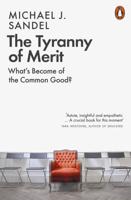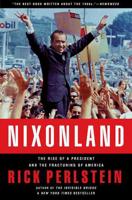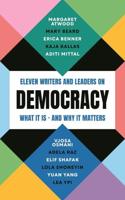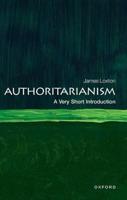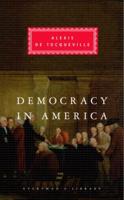Publisher's Synopsis
The key points are the authors (editing and headnotes), broader readings (for political and historical context), historical sequence (with flexibility to suit both new and traditional courses), and pedagogy to encourage learning and critical thinking. Political science majors and future practicing lawyers alike will appreciate this "historical institutional " context, seeing the law as a vital part of the political process. They will see how the Constitution and the courts are influenced by politics, how other factors and players shape the law beyond the Supreme Court, and how history is in turn a struggle for constitutional authority. And they are reinforced and challenged at every step by bulleted summaries, questions, and other pedagogy not found in any other text. · Each volume proceeds chronologically, with extensive historical background and with consistent topical structure from chapter to chapter, to stress how the law has developed over time, within the politics and culture of its age. Each volume thus ends with current controversies. · Additional documents beyond Supreme Court cases make the book more comprehensive, historical, and vivid - from great speeches (by Daniel Webster, Abraham Lincoln, and others) and presidential vetoes to issues and controversies today. · Extensive historical introductions precede each chapter's cases. · Many examples make the struggle for constitutional authority vivid, from Marbury v. Madison to the New Deal and today. · Chapter 1 introduces critical questions right away: What is the Constitution, who interprets it, and how does it change? · Chapter 1 also introduces comparative governments early. · Many more readings are available in the package online. · Of course, three stellar scholars are our authors, and their excerpting and editing of readings is a itself a major feature. · Yet additional readings, as well as full cases, are on the companion Web site. There is, quite simply, more pedagogy and art than in other books: · Main sections open with bulleted Major Developments. · Questions at end of each headnote encourage critical thinking. · Notes explicate court decisions. Chapters end with further readings. · Historical images and maps add unique interest. · A case study in the introductory chapter integrates constitutional issues into history, (tentatively "The Negro Seamen's Act "). · An appendix on doing legal research and reading court cases helps students with the methodology of political science. · Again, an alternate table of contents adds flexibility, as a correlation guide.


